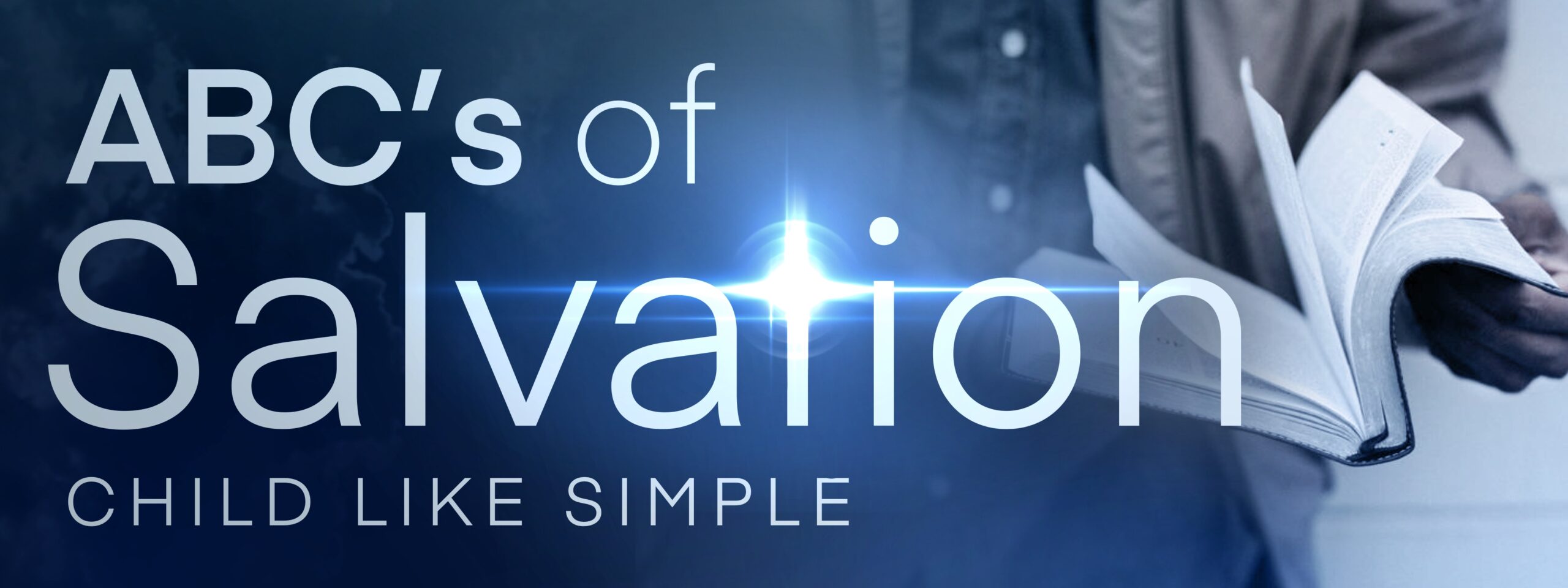Globally, there are more than 50 million people who suffer from Alzheimer’s or Parkinson’s. As most are aware, neither has a specific method of diagnosis or real cure. Current methods of diagnosis for both diseases rely heavily on a review of a patient’s medical history, neurological and physical examinations, cognitive and functional assessments and brain imaging. Early detection is absolutely crucial to the wellbeing of the sufferer. Even then, there is no hope to reverse either of these conditions. Early detection merely allows treatments to begin in order to slow the progression of the diseases.
However, Israeli research may offer renewed hope. The LacriScan diagnosis test uses tears to “identify a component in the tears that reflects processes in the brain, and in the early stages before the patient with Alzheimer’s or Parkinson’s develops clinical symptoms.” Reading about this promising research got me thinking. If tears can reveal diseases that are manifesting within our body, what else do our tears reveal?
Tears come for a variety of reasons and need no interpreter. They truly do cross cultural and language barriers. When somebody cries, we are generally able to determine the reason. Their tears may also cause us to shed our own. The same eyes that can cry tears of joy also weep from despair and pain. Tears may flow during a particularly moving song or at a jolting memory. Whatever the reason, tears are an intrinsic part of our life.
Sometimes we cry alone and sometimes in the presence of others. If we cry alone, we may be tempted to think that nobody knows. But God does. As Psalm 56:8 says: “Thou tellest my wanderings: put thou my tears into thy bottle: are they not in thy book?”
I am also reminded of Psalm 6:6-8: “I am weary with my groaning; all the night make I my bed to swim; I water my couch with my tears. Mine eye is consumed because of grief; it waxeth old because of all mine enemies. Depart from me, all ye workers of iniquity; for the Lord hath heard the voice of my weeping.”
No matter how much you think your anguish and despair has gone unnoticed, not one moment has escaped the attention of God.
In 2 Kings 20, we learn of a time when King Hezekiah was desperately unwell and close to death. The first three verses read: “In those days was Hezekiah sick unto death. And the prophet Isaiah the son of Amoz came to him, and said unto him, Thus saith the Lord, Set thine house in order; for thou shalt die, and not live. Then he turned his face to the wall, and prayed unto the Lord, saying, I beseech thee, O Lord, remember now how I have walked before thee in truth and with a perfect heart, and have done that which is good in thy sight. And Hezekiah wept sore.”
When we read of Hezekiah turning his face to the wall, it means that he wanted to speak to nobody else but God. So, he poured his heart out to the Lord. Often times it is good to have trusted family and friends to speak to about our despair. Above all, it is important that we speak to the Lord about the condition of our heart. He already knows what we are feeling, but He also wants us to be honest with Him and speak to Him.
As we move onto verses 4 and 5, Hezekiah is comforted by a message from Isaiah: “And it came to pass, afore Isaiah was gone out into the middle court, that the word of the Lord came to him, saying, Turn again, and tell Hezekiah the captain of my people, Thus saith the Lord, the God of David thy father, I have heard thy prayer, I have seen thy tears: behold, I will heal thee: on the third day thou shalt go up unto the house of the Lord.”
What sweet words they are to those who are suffering. That amongst all of the pain, the uncertainty, the ups and the downs – God hears our prayers; He sees our tears and, if it is in accordance with His will, He will heal us. Many grow uncomfortable when somebody weeps in their presence. But not God. He understands that tears are part of human sorrow as we make our way through a broken world. As Psalm 34:18 says: “The Lord is nigh unto them that are of a broken heart; and saveth such as be of a contrite spirit.”
Have you ever noticed that sometimes the world loses patience with those who are broken? Empathy lasts for a time, but many will walk away once the burden of supporting a broken vessel becomes too much to bear. But not God. When others walk away, He draws near.
Naturally, whilst we remain in this age, tears are going to be our companion as we face moments of despair. In John 16, during the Upper Room Discourse, Jesus speaks to the disciples about the process of sorrow turning into joy. Verses 20 to 22 read as follows: “Verily, verily, I say unto you, That ye shall weep and lament, but the world shall rejoice: and ye shall be sorrowful, but your sorrow shall be turned into joy. A woman when she is in travail hath sorrow, because her hour is come: but as soon as she is delivered of the child, she remembereth no more the anguish, for joy that a man is born into the world. And ye now therefore have sorrow: but I will see you again, and your heart shall rejoice, and your joy no man taketh from you.”
I want you to notice that God did not substitute joy for sorrow but that He turned sorrow into joy. In other words, God brings joy to our lives, not by substitution, but by transformation. This is why Jesus used the illustration of the woman giving birth. The same baby that caused the pain also caused the joy. God takes seemingly impossible situations, adds the miracle of His grace, and transforms trial into triumph and sorrow into joy. In the middle of childbirth, a mother is unable to grasp the impending joy because she is focused on the pain. So too it is with our trials. If you are in the midst of a trial right now and intently focused on your sorrow, you wonder how and when this sorrow is going to give way to joy. It is fine if you can’t understand the how right now.
I feel exactly the same. I am still in the thick of recovery from a motor vehicle accident and two major surgeries. But, what I do know is that God’s ways are often too high and marvelous for us to grasp so we just have to wait on Him to transform the heartache into triumphant joy.
Before we close, however, we must be clear that not all weeping invokes the compassion of the Lord. Let me quote some verses from Numbers 11, beginning with verse 4. This was a time in the wilderness when Israel, influenced by the mixed multitude amongst them, preferred Egypt’s meat to God’s presence: “And the mixt multitude that was among them fell a lusting: and the children of Israel also wept again, and said, Who shall give us flesh to eat?” Onto verse 10: “Then Moses heard the people weep throughout their families, every man in the door of his tent: and the anger of the Lord was kindled greatly; Moses also was displeased.”
So, what do our tears tell us? They tell us that even though this life is filled with doubt and pain, brighter days are coming. Psalm 126:5 says: “They that sow in tears shall reap in joy.”
Friends, the greatest joy is yet to come when God makes all things new again. This is the promise I cling to as a believer, and Revelation 21:4 affirms it: “And God shall wipe away all tears from their eyes; and there shall be no more death, neither sorrow, nor crying, neither shall there be any more pain: for the former things are passed away.”
To that, may we say a hearty, “Maranatha”!













